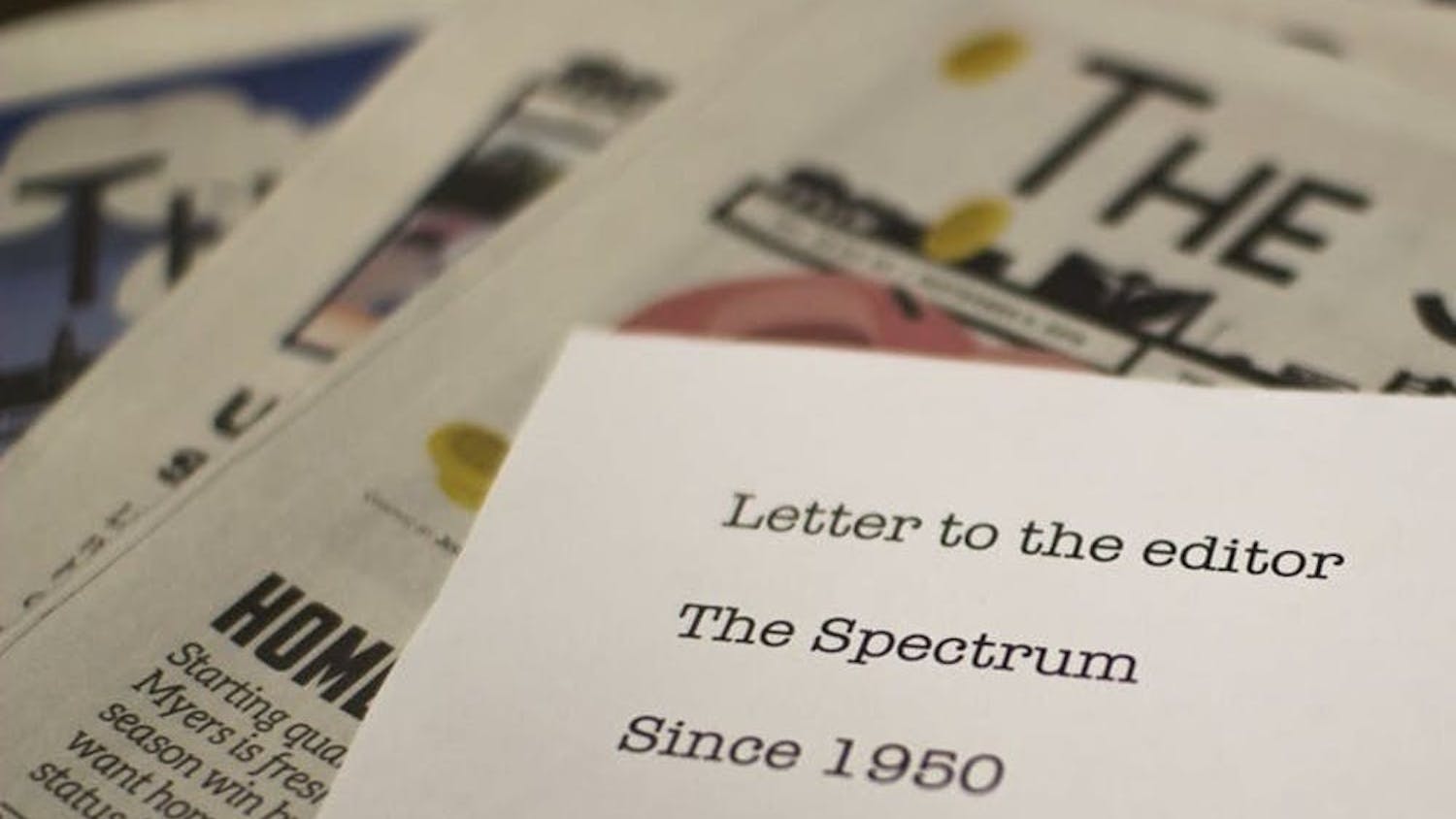A renewed focus on Buffalo’s efforts toward environmental responsibility has made it clear that while the city has made definitive progress in reducing its impact on the environment, there’s still a long way to go.
Several promising initiatives were unveiled last week, but disheartening news about the city’s failure to prevent pollution somewhat mitigated the announcements and served as a reminder of the need for specific and consistent improvement.
After revelations last year that Scajaquada Creek was essentially a cesspool filled with approximately a half-billion gallons of sewage and dirty storm water, shockingly little has been done to address the issue.
The creek continues to exist as an environmental eyesore, crammed with muck and mire that impedes the survival of any aquatic life. Garbage remains in the water for weeks on end.
With attention once again directed at this issue, city officials have agreed to send a seasonal worker to the creek on a weekly basis – certainly a simple method to address the problem.
But only time will tell if action is actually taken, or if this is yet another empty promise. Public Works Commissioner Steve Stepniak originally stated that the city would be more proactive about the creek’s environmental health back in July, when the problem first arose.
Now almost a year later, another city initiative might end up helping improve the state of the creek as a fortunate side effect.
The city has started a program to encourage residents to collect rainwater runoff from their homes to alleviate the burden on the sewer and storm water system, which can become overwhelmed by Buffalo’s precipitation-heavy winters.
When the system is overburdened, sewage is sent into local water, including Scajaquada Creek.
To address the problem, the city’s initiative provides 1,000 free downspouts and rain barrels to the first residents to contact the city. The city is offering the materials to additional residents for $100 or $200, depending on the size of the barrel.
The idea is promising, but its success relies entirely on residents’ motivation and their willingness to spend at least $100 on the project.
Similarly, Buffalo’s renewed effort to improve its recycling rates is admirable, but also dependent on the actions of city residents and the ability of officials to effectively promote and incentivize the program.
After the introduction of Mayor Byron Brown’s recycling program in 2012, residential recycling rates increased by an impressive 81 percent. But because the city’s recycling was so minimal to begin with, its current rate of 23 percent still falls far below the national average of 34 percent.
It’s admirable that Brown, even with such a dramatic increase, is still determined to improve the city’s recycling. His commitment sends a valuable message to Buffalo residents, making it clear that he holds the city to a high standard when it comes to environmental considerations.
But this program, which focuses on promotion through simple slogans throughout the city and a second phase of the campaign conducted though social media, doesn’t do much to incentivize recycling and instead prioritizes public awareness.
Brown’s initial program offered free recycling bins, yard waste collection and city-sponsored recycling programs for electronic and hazardous waste. These sorts of action-based improvements should also be emphasized in the public awareness program.
It’s encouraging to see attention directed to Buffalo’s environmental impact. But now it’s up to the city’s residents to take advantage of these programs that make it easier – though perhaps not easy enough – to be environmentally responsible.
The editorial board can be reached at editorial@ubspectrum.com




